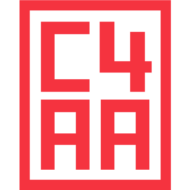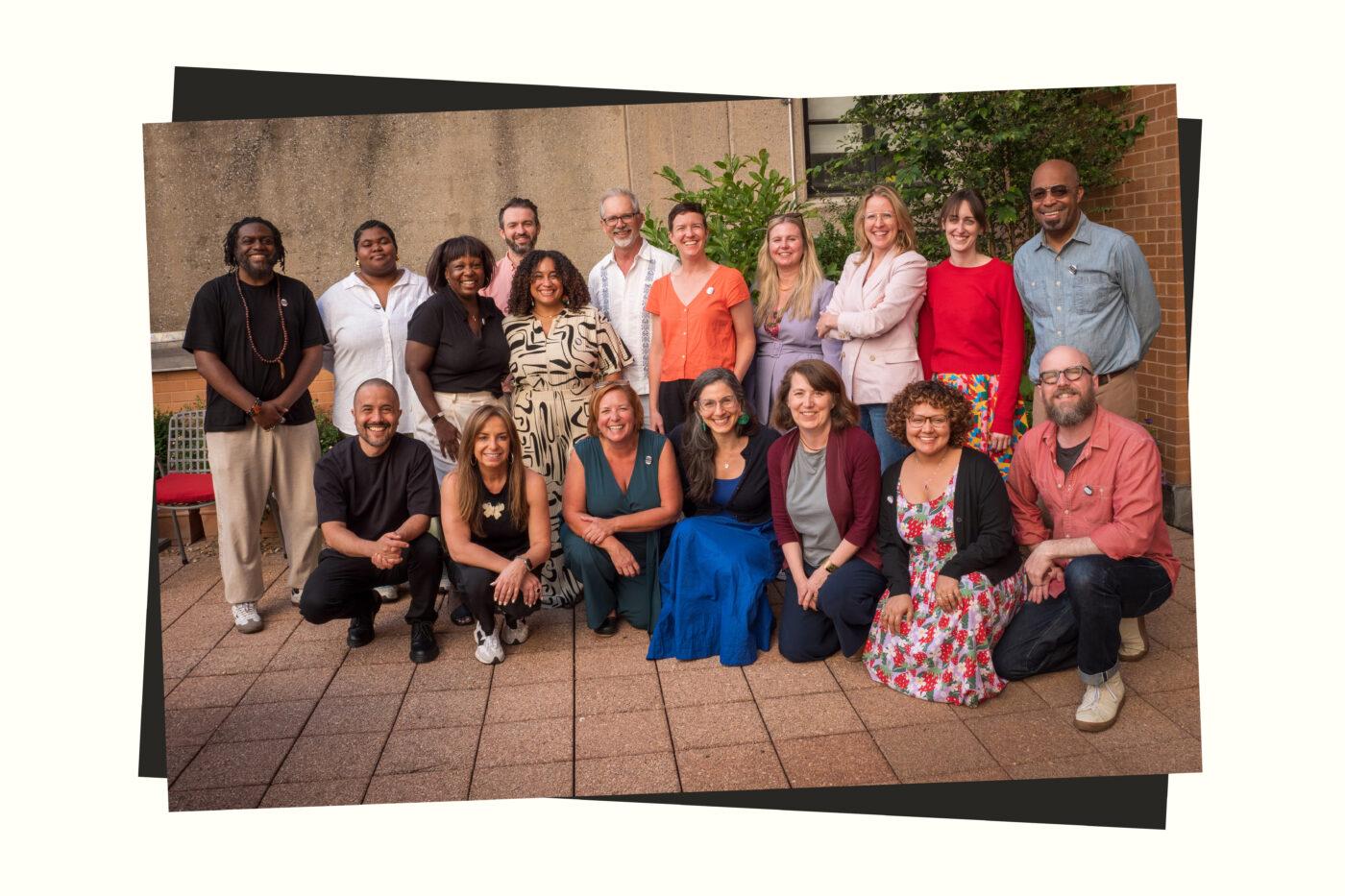A powerhouse of innovation: the Center for Artistic Activism’s research, in-depth workshops, and free resources have helped build, sustain, and develop the field of artistic activism.
If campaigners knew exactly how to succeed, they would have already won.
But it’s not as simple as putting in more hours and following a few predetermined steps.
Discovering paths to better worlds demands vision, wild ideas, and creative risk taking – mixed with clever strategies and rigorous planning. But the problem is: this is too rare a combination.

At the Center for Artistic Activism we help people use their creativity and culture to effect power.
We are a 501c3 non-profit organization founded in 2009. Since then we’ve learned what’s effective while working on the ground on dozens of issues in 23 countries on 6 continents.
We know creativity is critical in making a just world.
Policy changes culture, and culture changes policy. Creativity, culture, and the arts are powerful forces, but time is running out. Artists, activists, and organizations must deploy creativity with precision, skill, and expertise. We don’t just need artistic activism. We need artistic activism that works.

So we work alongside artists, activists, organizations, and everyone in between.
We’re the Center for Artistic Activism. Let’s see what we can change, together.


“This is the training I’ve been wanting to take but didn’t know existed.”
School for Creative Activism participant
“This training is life-affirming, it insists that artists can affect actual change, and gives us the tools.”
Art Action Academy participant
“Thank you. I have watched every episode… Grateful for what you are teaching. Better than any class I took in grad school.”
Center for Artistic Activism Webinar viewer




You must be logged in to post a comment.